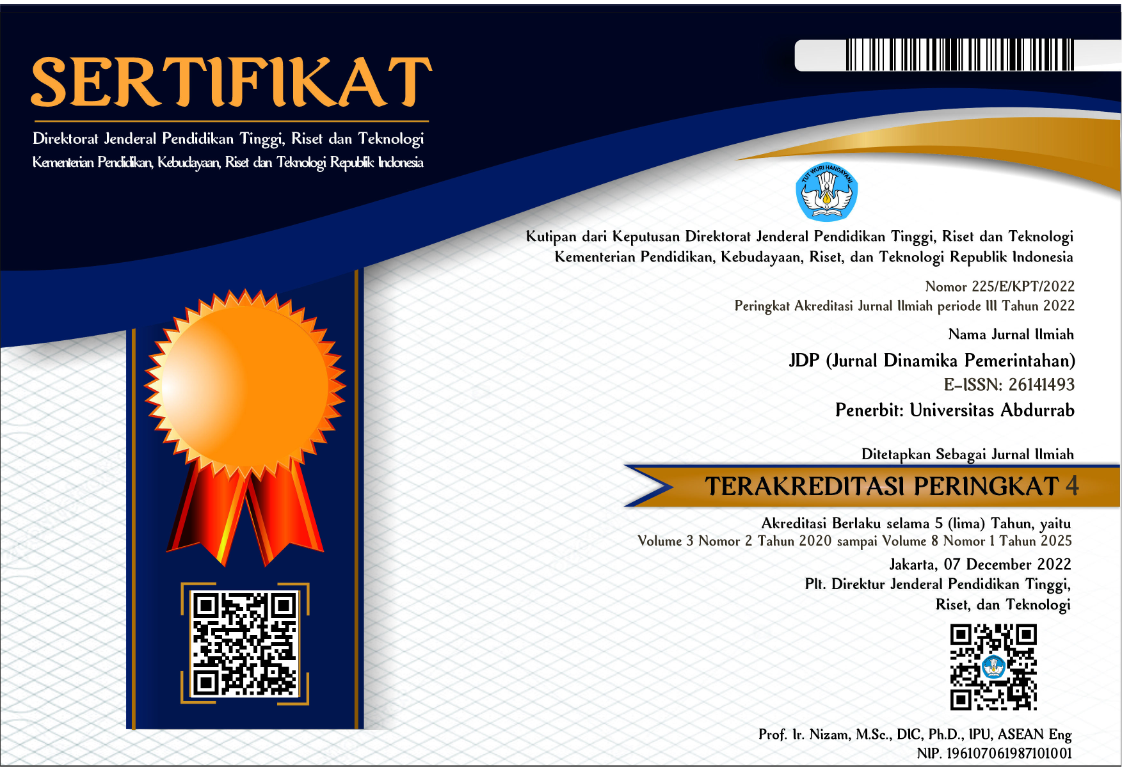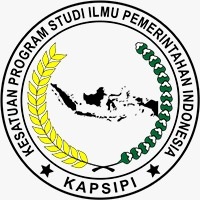KOMUNIKASI INTERNASIONAL INDONESIA DALAM MENGHADAPI ANCAMAN SENGKETA LAUT CINA SELATAN DI NATUNA UTARA
DOI:
https://doi.org/10.36341/jdp.v3i2.1380Keywords:
International Communication, Diplomatic Perspective, South of China SeaAbstract
This study aims to analyze Indonesia's international communication in dealing with the threat of the South China Sea dispute in North Natuna during the reign of Joko Widodo and the factors that influence it. The method used in this study is a qualitative research method with a descriptive analysis approach was applied. The results showed that Indonesia's International Communication in dealing with the threat of the South China Sea dispute during the Joko Widodo Era of Government was to use an idealistic humanistic approach with various diplomatic channels. The message of Joko Widodo's international communication is that Indonesia, along with countries with an interest in the South China Sea, must eliminate sources of conflict at sea, such as fish theft, sovereignty violations, territorial disputes, piracy, and sea pollution. The factors influencing the Joko Widodo's international communication in the South China Sea are grouped into two, namely domestic factors that are focused on Indonesia's national interests, especially in economic development and political stability in Indonesia; and international factors that are focused on conflicts of interest between developed countries which have ambitions to become hegemon in the Asia Pacific Region both economically, politically and defense.
Downloads
Downloads
Published
Issue
Section
License
1. Copyright of all journal manuscripts is held by the JDP (Jurnal Dinamika Pemerintahan)
2. Formal legal provisions to access digital articles of electronic journal are subject to the provision of the Creative Commons Attribution-ShareAlike license (CC BY-NC-SA), which means that JDP (Jurnal Dinamika Pemerintahan) is rightful to keep, transfer media/format, manage in the form of databases, maintain, and publish articles.
3. Published manuscripts both printed and electronic are open access for educational, research, and library purposes. Additionally, the editorial board is not responsible for any violations of copyright law.
licensed under a Creative Commons Attribution-ShareAlike 4.0 International License.













